Call Us Now : +44 7481 345813

No More Suffering: Get rid of the discomfort and pain of piles (Haemorrhoid)
Leicester Bowel Clinic offers minimally invasive procedures for treatment of haemorrhoids and help you recover earlier.
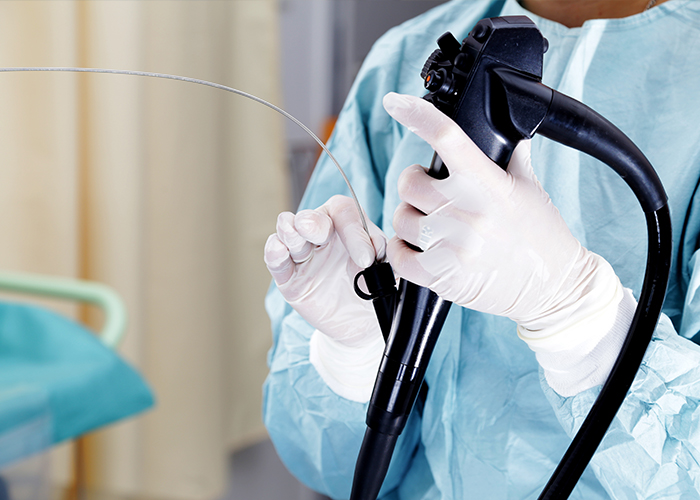
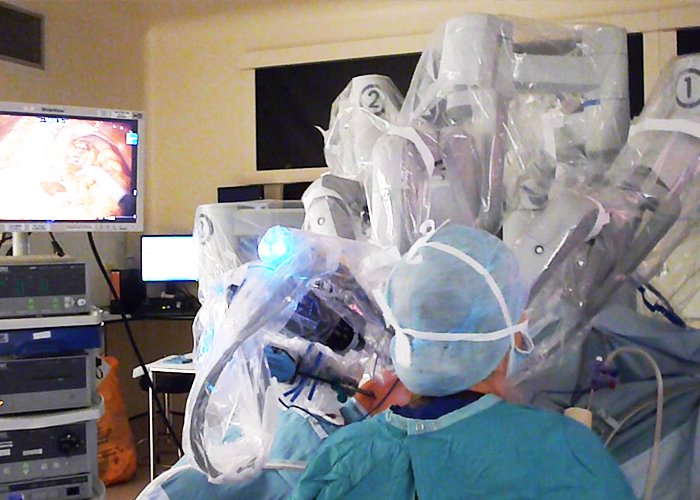
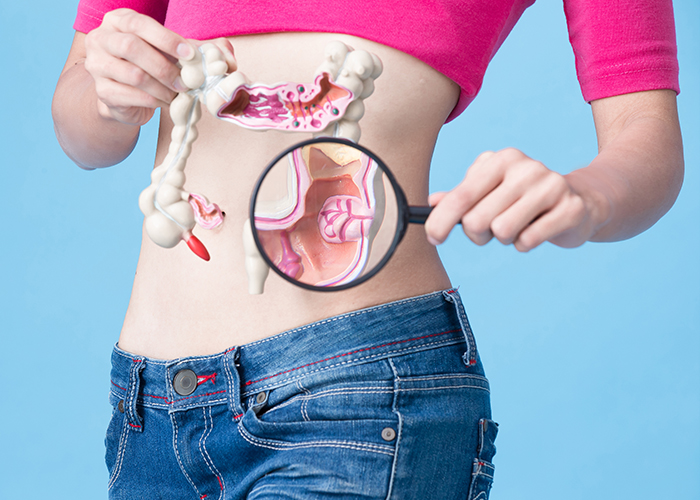
Mr Sanjay Chaudhri explains the Piles (haemorrhoids)
Learn about the different operations to help you decide on your choice of surgery
What our patient says

I thought Mr Chaudri was very professional caring and honest. My treatment was first class by all his team which helped with my recovery many thanks Colin.
Written by a NHS patient at Leicester General Hospital

I have had care reassurance explanation of all appointments and procedures and outcomes which I can fully understand I’m am very grateful to have had this experience and investigation in my body to look for anything which may of been harmful to me Thank You
Written by a NHS patient at Leicester General Hospital

This doctor was absolutely amazing ..had few colonoscopies before and it was the best one ever ..no sedation and could not feel anything as doctor and staff were so friendly and brilliant that I didn't realized when it was all finished .. defo best doctor and nurse ever !!!
Written by a NHS patient at The Leicester Royal Infirmary

I would like to say heartfelt thank you for listening to me. I had been in a lot of pain for a long time and for arranging a speedy examination and subsequent sorting out my ailment.
Written by a NHS patient at Leicester General Hospital

Mr Chaudhri was professional with excellent bedside manner. He listened and gave me time to to ask questions when needed. Fully appreciate and am grateful for his help
Written by a NHS patient at Leicester General Hospital

Mr Chaudhri and his team were incredibly helpful, professional and very honest. I have the upmost trust in him and really appreciate his support before and after my surgery.
Written by a NHS patient at Leicester General Hospital

Mr Chaudhri has been professional, approachable, informative, and calm throughout my dealings with him, and continues to be so. A thoroughly satisfactory experience during a stressful time.
Written by a NHS patient at Leicester General Hospital

Mr Chaudhri and his team have been excellent, from my fist surgery to my recovery, he always give s an honest opinion and I have every confidence in him and his team.
Written by a NHS patient at Leicester General Hospital

Mr Chaudri put me at ease and explained everything to me in a way I could easily understand. The care I had after my operation was absolutely second to none.
Written by a NHS patient at Leicester General Hospital
Online consultations are available for your convenience
What are Haemorrhoids (Piles)?
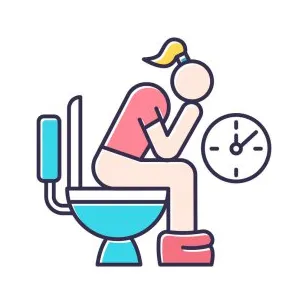
Haemorrhoids, also known as piles, are swellings that contain enlarged blood vessels that are found inside or around the bottom (the rectum and anus).
Most haemorrhoids are mild and do not affect your daily lifestyle.
Causes of
Haemorrhoids
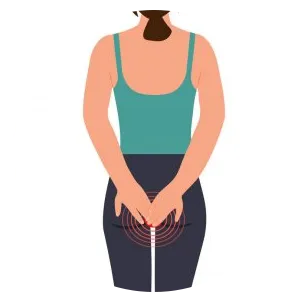
The exact cause of haemorrhoids is unclear, but many cases are thought to be linked to increased pressure in blood vessels in and around the anus.
This pressure can cause the blood vessels in the back passage to become swollen and inflamed.
When there are symptoms, these usually include

Bleeding after passing a stool (the blood will be bright red).
Lump falling outside of the anus, which may need to be pushed back
Itching around the back passage
Mucous leakage from the back passage
All you need to know about piles (Haemorrhoid)
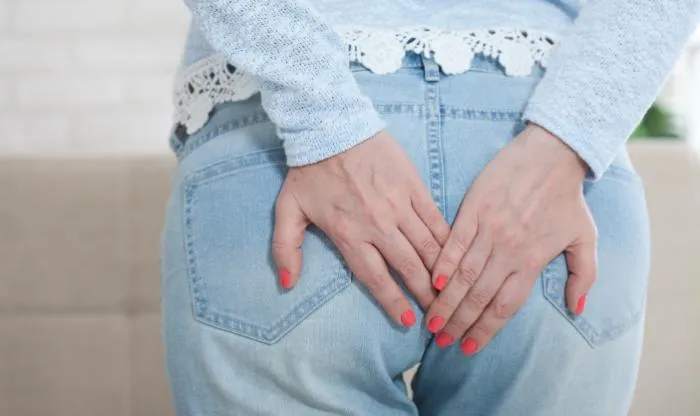
What are internal piles?
Internal piles are swollen veins inside the rectum. They are usually painless, but they can bleed after bowel movements.

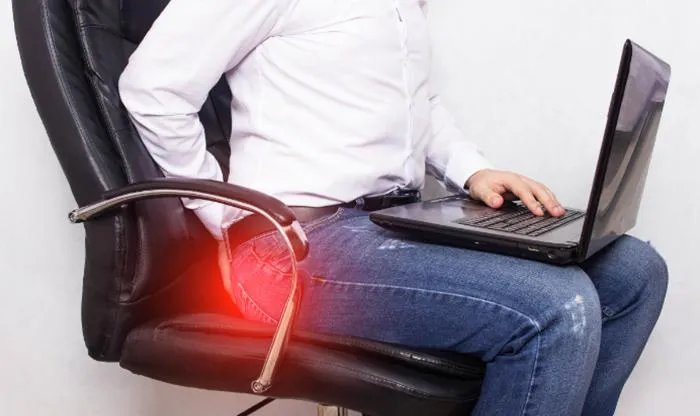
What are external piles?
External piles are swollen veins outside the anus. They can be painful and itchy.
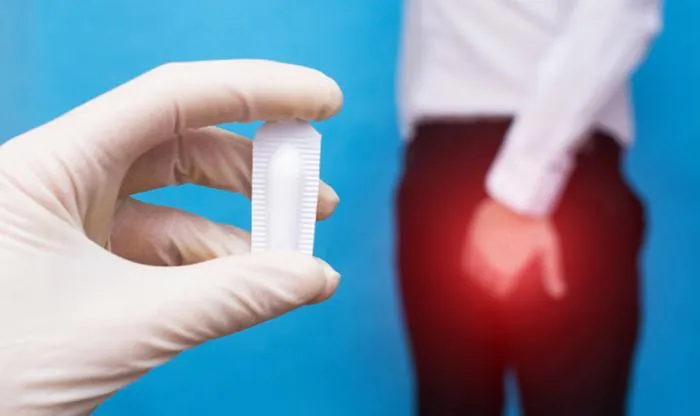
What are bleeding piles?
Bleeding piles are piles that bleed after bowel movements. Bleeding is usually painless, but it can be alarming.

Leicester Bowel Clinic
A video of doctor interacting with clients
Post-Treatment Guidelines
How it Works, What to Expect and Preventive Measures
How does the treatment work?
Banding of piles is done as an outpatient treatment and only takes a few minutes. This may be done following a procedure called a flexible sigmoidoscopy. Using a short telescope, tiny rubber bands are placed inside the back passage, above the piles. This cuts off and constricts (tightens) the blood supply to the piles. Over the next few weeks, the piles shrivel up, hopefully leading to an improvement in your symptoms.
What to expect after the treatment?
✔️Immediately after the banding you may feel the sensation of needing to open your bowels. This is normal, do not worry. This should fade to a mild discomfort or ache lasting a couple of hours and up to a day.
✔️You may feel a little light-headed shortly after the procedure and it is usually advisable to sit and let things settle down for 20-30 minutes before driving or catching public transport in case you feel faint.
✔️Over the next few days you can take some mild pain relief, such as paracetamol, to help with discomfort. Do not take painkillers containing codeine as these can cause constipation. You should always follow the instructions provided in the leaflet supplied with your tablets.
✔️After 7-10 days the tissue in the band falls away. You may get some dark red bleeding from the back passage. Do not worry, this is normal.
What are the Possible complications of the treatment
✔️Occasionally bands constrict a part of the lining of the back passage which is very sensitive. This is uncommon and in rare occasions might need to be removed.
✔️Very rarely, you may experience very large amounts of bright red bleeding after 7-10 days. If this happens then you may need to be seen by your GP or the Emergency Department at the Hospital.
✔️Banding is an effective and simple treatment for piles but sometimes you may have remaining symptoms that need repeat banding, or an alternative procedure.
How to stop piles returning?
Good bowel habits are the key to stopping piles from forming.
✔️Stop the motions from being too hard.
You can help to keep motions soft by eating a high fibre diet, drinking plenty of fluid with meals and taking mild laxatives (if necessary) which act as a stool softener, such as Laxido® or Fibogel® which you can get from the chemist.
✔️Try not to strain when passing motions.
Different people can have different numbers of bowel motions in a day/week. Do not try to strain to have a bowel movement unless you feel the need to go. Do not try too hard to push out every last bit—some people may find it helpful to raise their feet on a box/step to help reduce straining.
✔️Do not spend too long on the toilet.
When we sit the weight of the body pushes down into the pelvis, causing the lining of the back passage to swell. You should aim to spend around 5 minutes having a bowel movement and do not take any longer than that.

Treatment Time
30 Minutes

Treatment Anaesthesia
No Anaesthesia

Recovery after treatment
1 day

Pain
None

Number of Treatments
1 treatment

Cost
Starts from £500
Who’s at risk?
Factors that increase the chance of getting haemorrhoids include:
Being overweight or obese
Persistent constipation, often due to a lack of fibre in the diet
Prolonged diarrhoea
Regularly lifting heavy objects
A persistent cough or repeated vomiting
Prolonged sitting down
Being pregnant, which can place increased pressure on the pelvic blood vessels, causing them to enlarge (the haemorrhoids will usually improve after giving birth)
Being over 45 years of age as the body’s supporting tissues get weaker, increasing the risk of haemorrhoids
A family history of haemorrhoids, which could mean you’re more likely to get them

Mr Sanjay Chaudhri
MBBS|MS|FRCS(Glas)|FRCS (Eng)|FRCS(Gen Surgery)
Mr Chaudhri qualified in 1988 and was appointed as a consultant colorectal surgeon at the University Hospitals of Leicester in 2009.
He has been running this clinic since 2010, and has excellent feedback.
Robotic and laparoscopic surgery for colorectal cancer, inflammatory bowel disease, and complicated diverticular disease
Complex incisional and parastomal hernia repairs
Laser and less invasive therapies for haemorrhoids, fistula in ano, anal fissures, and pilonidal sinus disease
Diagnostic and therapeutic colonoscopy and sigmoidoscopy

Mr Runau
PhD | FRCS(Gen Surgery)
Mr Franscois Runau was appointed as a Consultant Surgeon at University Hospital Leicester in 2020. He has a specialist interest in bowel cancer, early rectal cancers, inflammatory bowel disease, abdominal wall reconstruction and hernia surgery.
Advanced laparoscopic surgery including Transanal Minimally Invasive Surgery (TAMIS) for bowel cancer and inflammatory bowel disease
Simple and complex hernia repairs
Minimally invasive and laser treatments for haemorrhoids, fistulas-in-ano, anal fissure, pilonidal sinus and anal skin tags
Diagnostic and therapeutic colonoscopy and sigmoidoscopy

Contact Leicester Bowel Clinic
Please submit your details here, we will contact you shortly.
Online consultations are available for your convenience
Frequently Asked Questions
Have a question in mind?
When should I see a doctor for piles?
You should see a doctor for piles if you are experiencing any of the symptoms of piles, especially if the symptoms are severe or do not improve with home treatment.
What are the treatment options for piles?
There are a number of treatment options available for piles, depending on the type and severity of the condition. Some common treatment options include:
✔️ Lifestyle changes, such as eating a high-fibre diet, drinking plenty of fluids, and avoiding straining during bowel movements
✔️ Over-the-counter medications, such as stool softeners and pain relievers
✔️ Topical treatments, such as creams or suppositories
✔️ Minimally invasive procedures, such as rubber band ligation or sclerotherapy
✔️ Surgery
How are piles diagnosed?
Piles can usually be diagnosed with a physical examination. In some cases, your doctor may also recommend additional tests.
What are the symptoms of piles (Haemorrhoids)?
✔️Bleeding after passing a stool (the blood will be bright red)
✔️Itchiness around the anus (the opening where stools leave the body)
✔️Lump hanging down outside of the anus, which may need to be pushed back in after passing a stool
✔️Mucus discharge after passing a stool
✔️Soreness, redness and swelling around the anus
When to go to your GP?
There is no need to be routinely seen after your banding treatment. If you have severe pain in the back passage or persisting/heavy bleeding, you should see your GP for a check-up. Often your surgeon will arrange an ‘open-appointment’ for you, so if you have ongoing symptoms (within 6 months of treatment) you can contact their secretary to book an appointment to see them again in clinic without having to go through your GP.
This website is not affiliated with the Google website or Google LLC. Furthermore, this website is not endorsed, sponsored, or affiliated with Google in any way. Google is a trademark of Google LLC. Copyright © 2024 Leicester Bowel Clinic. All Rights Reserved.